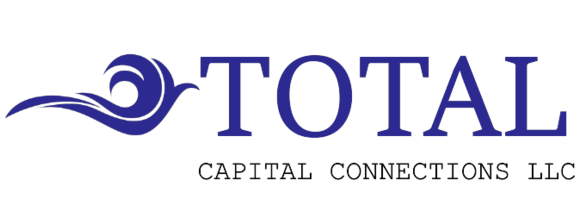Many businesses rely on equipment. Restaurants use appliances like fridges and stovetops, construction companies need heavy machinery, and offices require computers, printers, and more. Small businesses may turn to equipment financing if they do not have the capital to afford an outright purchase of expensive equipment.
1. What Are Equipment Loans?
Equipment loans are loans that help small businesses procure pricey equipment that may help increase efficiency or generate revenue. Equipment financing protects your cash flow. These loans are secured, where the equipment itself is used as collateral. Should you default on your loan, the lender would simply repossess the equipment.
2. What Can Equipment Loans Be Used For?
Equipment financing is usually used to purchase new equipment, but it could also be used for upgrades, repairs, or general maintenance. Sometimes, that’s built right into your agreement. For example, if you choose to finance a lease on the equipment instead of intending to own it, maintenance is often included. Leasing is generally a good option for business owners who need equipment that often becomes obsolete. Those who work in agriculture or construction, however, will most likely want to eventually own the equipment, so a normal loan would suffice.
3. Who Offers Equipment Loans?
You can seek out equipment loans through banks, credit unions, government agencies, or alternative financing. Banks are the most conventional route, but they can take a few months to approve loans and may have strict eligibility requirements, so proper planning is essential. Government agencies like the Small Business Administration can offer larger loans than banks normally would since these loans are federally-backed. More paperwork is involved, so the approval process is longer, but it’s a good option if you can’t get a loan through the bank. You can also try private lenders.
4. Who Is Eligible for an Equipment Loan?
These types of loans are fairly easy to qualify for because the collateral is automatically included. Plus, there are various types of lenders to choose from. One lender might specialize in one piece of equipment while another lender might be more general. However, lenders will look at your personal credit score, your business credit score, your cash flow, and how many years you’ve been operating to determine your rates and terms.
5. What Are the Typical Terms and Rates for Equipment Loans?
Ultimately, your terms and rates will depend on your lender and the state of your personal and business finances. Interest rates can range between 8% and 25%, with terms going as high as 6 years. Make sure you shop around before deciding on a lender.
